21 Black Stars Of The ’40s Who Deserve To Be Remembered
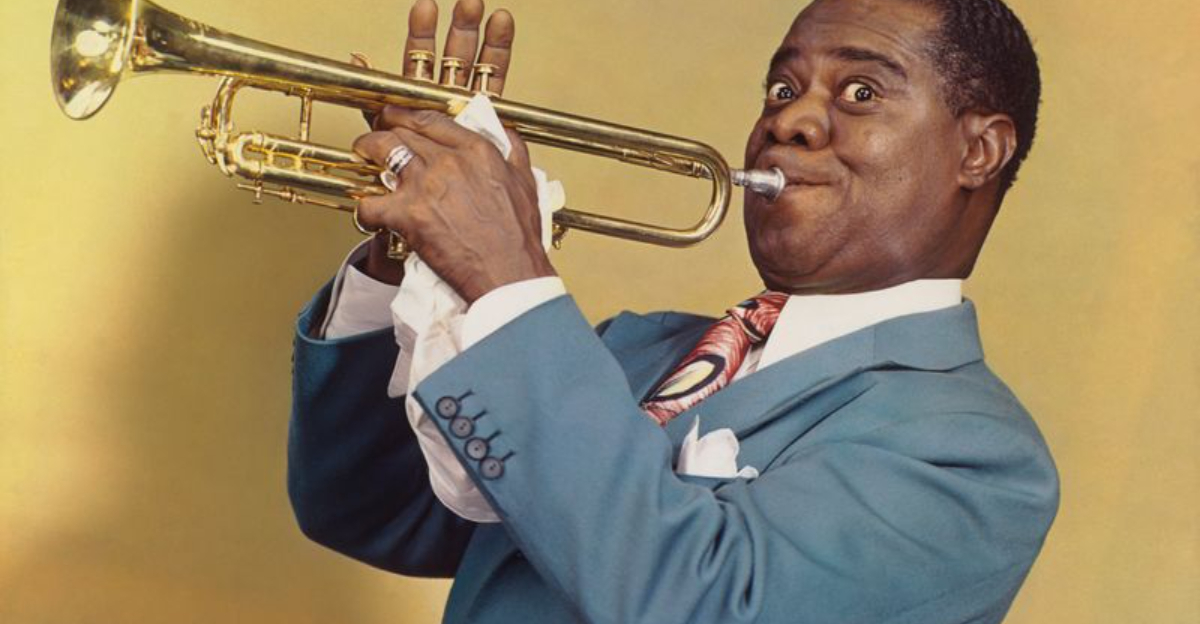
The 1940s were a transformative era for Black entertainers—an age when extraordinary talent met extraordinary courage.
In the face of systemic racism and segregation, these artists not only dazzled audiences with their performances but also shattered barriers and challenged deeply ingrained societal norms. In this blog post, we celebrate 20 remarkable Black stars from the 1940s whose artistry, resilience, and trailblazing spirit left an indelible mark on the entertainment industry.
From jazz legends who redefined music to actors who brought depth and dignity to the screen, these icons carved out spaces in an industry that often tried to keep them out. Their contributions weren’t just performances—they were acts of quiet revolution, paving the way for generations of Black artists to come.
Join me as we revisit this golden era and pay homage to these powerful voices who deserve to be remembered, not just as entertainers, but as pioneers of cultural change.
1. Ethel Waters
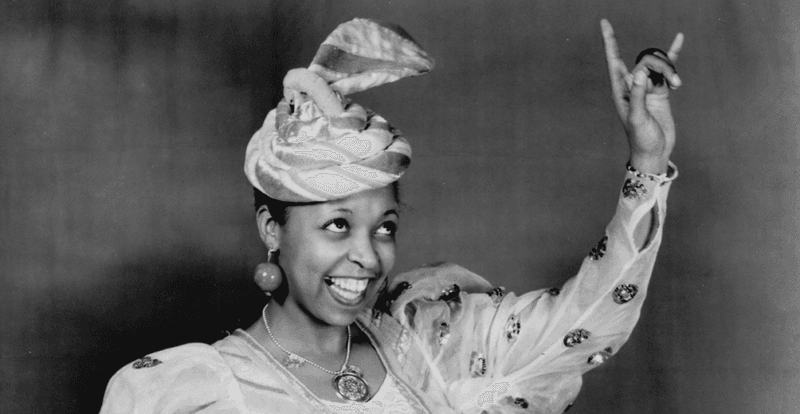
Ethel Waters was a dynamic force, combining talent and charisma to captivate audiences. Born into poverty, she rose to stardom with her sultry voice and commanding stage presence. Her journey to fame was anything but easy, yet her resilience only added to her mystique.
In 1949, Waters made history by becoming the second Black actor to receive an Academy Award nomination for her role in ‘Pinky’. A performer of unmatched versatility, she seamlessly transitioned between singing and acting, leaving a mark in both fields.
Her ability to convey deep emotion through her performances resonated with many, making her a beloved figure. Waters’ legacy is not just in her accolades, but in her pioneering spirit that inspired countless others to follow in her footsteps.
2. Eddie ‘Rochester’ Anderson
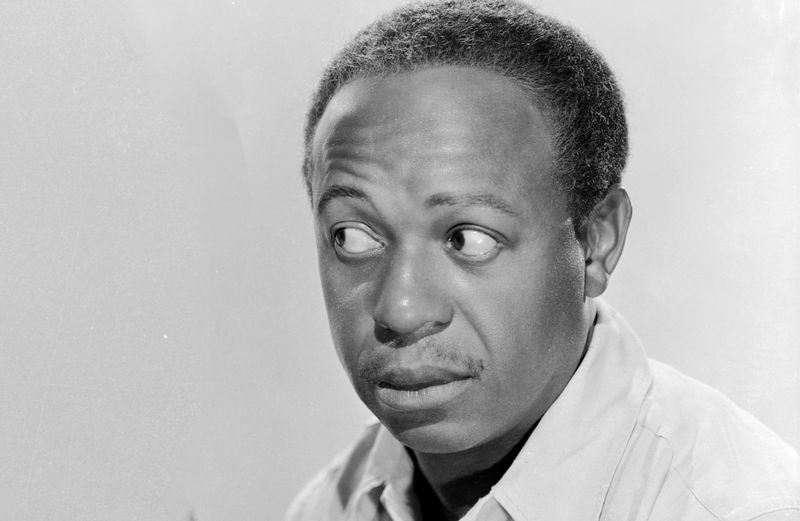
Eddie ‘Rochester’ Anderson was a trailblazer in the world of entertainment, known for his wit and comedic timing. As the first Black actor with a regular role on a national radio show, Anderson broke new ground with his portrayal of Rochester Van Jones on ‘The Jack Benny Program’.
Anderson’s character was beloved for its humor and charm, bringing joy to many listeners during the 1940s. His ability to inject humor into everyday scenarios made him a household name.
Off the airwaves, Anderson’s legacy lives on as a pioneer who opened doors for Black actors in the industry. His work paved the way for greater representation, making him a true icon of his time.
3. Paul Robeson
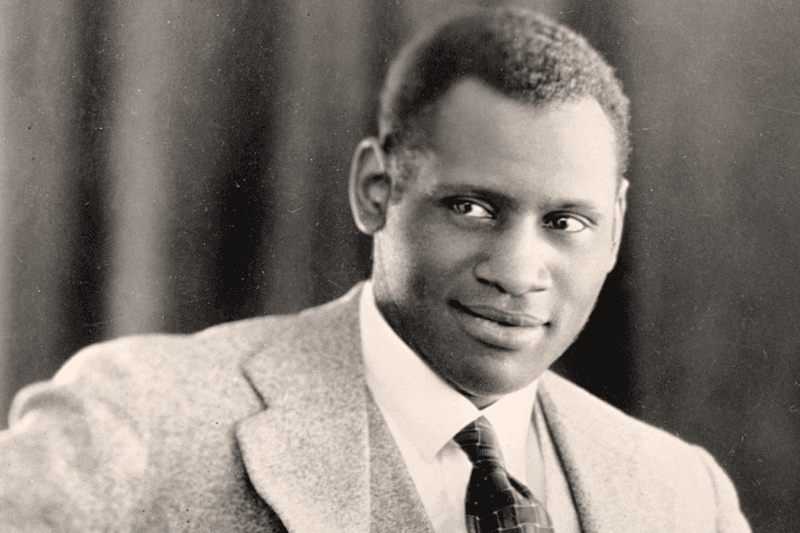
Paul Robeson was a man of many talents, seamlessly blending his artistic prowess with a deep commitment to social justice. His portrayal of Othello on Broadway was nothing short of legendary, captivating audiences with his powerful presence and rich baritone voice.
Robeson’s influence extended beyond the stage, as he used his platform to advocate for civil rights and equality. His activism often put him at odds with the status quo, but his resilience never wavered.
Robeson’s legacy is one of courage and conviction, leaving an indelible mark on both the arts and society. He remains a symbol of strength and determination, inspiring generations to fight for what they believe in.
4. Lena Horne

Lena Horne was nothing short of a star, captivating audiences with her stunning voice and striking beauty. As the first Black woman to sign a long-term contract with a major Hollywood studio, she shattered racial barriers with grace.
Horne’s performances were filled with elegance and emotion, leaving a lasting impression on all who watched her. Her work in films like ‘Stormy Weather’ remains iconic, showcasing her incredible talent and style.
Beyond her on-screen success, Horne was a symbol of resilience and perseverance, using her platform to advocate for racial equality. Her legacy is one of inspiration, proving that talent knows no bounds.
5. Hattie McDaniel
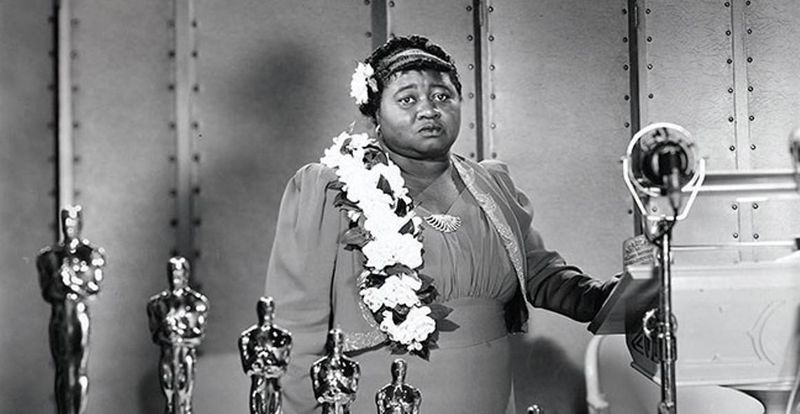
Hattie McDaniel made history as the first Black actor to win an Academy Award, a testament to her incredible talent and determination. Her role as Mammy in ‘Gone with the Wind’ remains iconic, showcasing her ability to bring depth and nuance to her characters.
McDaniel’s success was groundbreaking, paving the way for future generations of Black actors in Hollywood. Her achievement was not just personal but a victory for representation in the entertainment industry.
Despite facing racial prejudice, McDaniel persevered, using her platform to advocate for change. Her legacy is a powerful reminder of the progress made and the work still to be done.
6. Bill Robinson
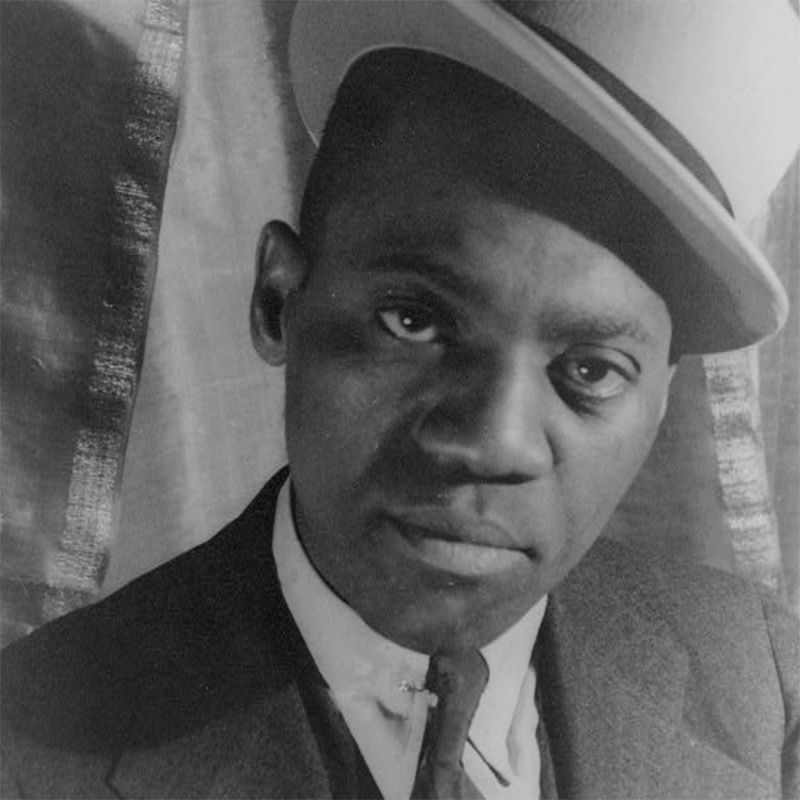
Step aside, Fred Astaire—Bill Robinson was the true tap-dancing wizard of the 1940s! Known affectionately as ‘Bojangles’, he set the stage alight with his nimble feet and charismatic presence.
Robinson’s career spanned decades, and he broke barriers by being one of the highest-paid Black performers of his time. His partnership with Shirley Temple remains legendary, showcasing his ability to charm audiences of all ages.
Beyond the dance floor, Robinson was a pioneer for racial equality, using his success to advocate for fair treatment in the entertainment industry. His legacy as a trailblazing performer continues to inspire dancers today.
7. Katherine Dunham
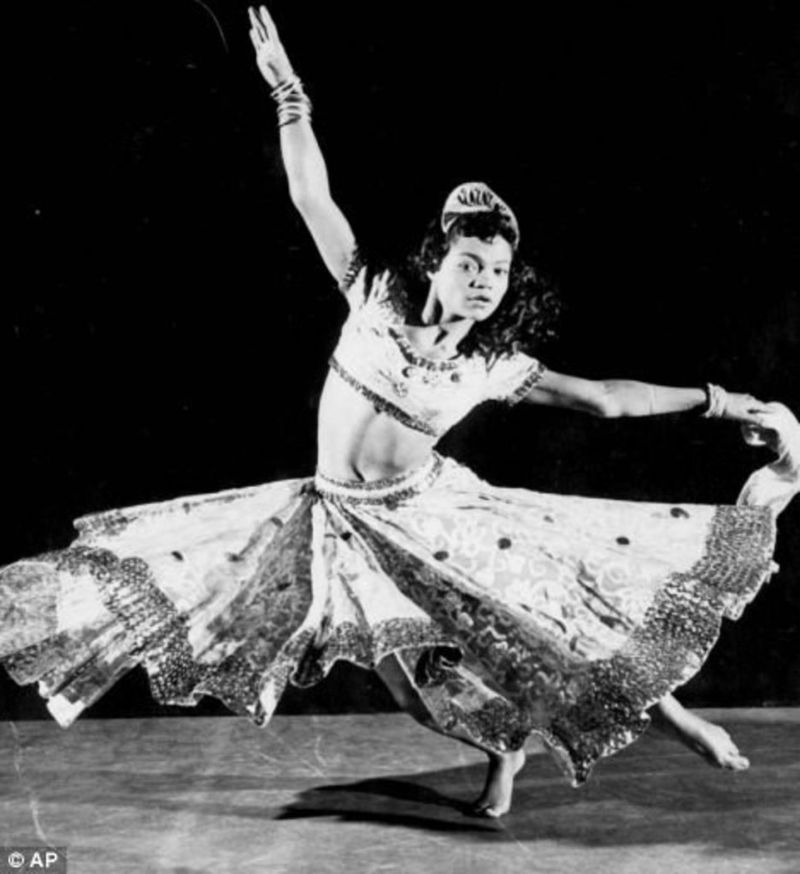
Katherine Dunham danced her way into history, blending traditional African and Caribbean styles with modern dance to create something truly unique. Her innovative choreography was more than entertaining—it was revolutionary.
As a performer, Dunham’s stage presence was captivating, drawing audiences into her world. Her commitment to showcasing Black cultural heritage through dance made her not just an artist, but an ambassador for diversity.
Dunham’s legacy extends beyond the stage, influencing generations of dancers and choreographers. Her work remains a testament to the power of dance as a form of cultural expression and social change.
8. Dorothy Dandridge
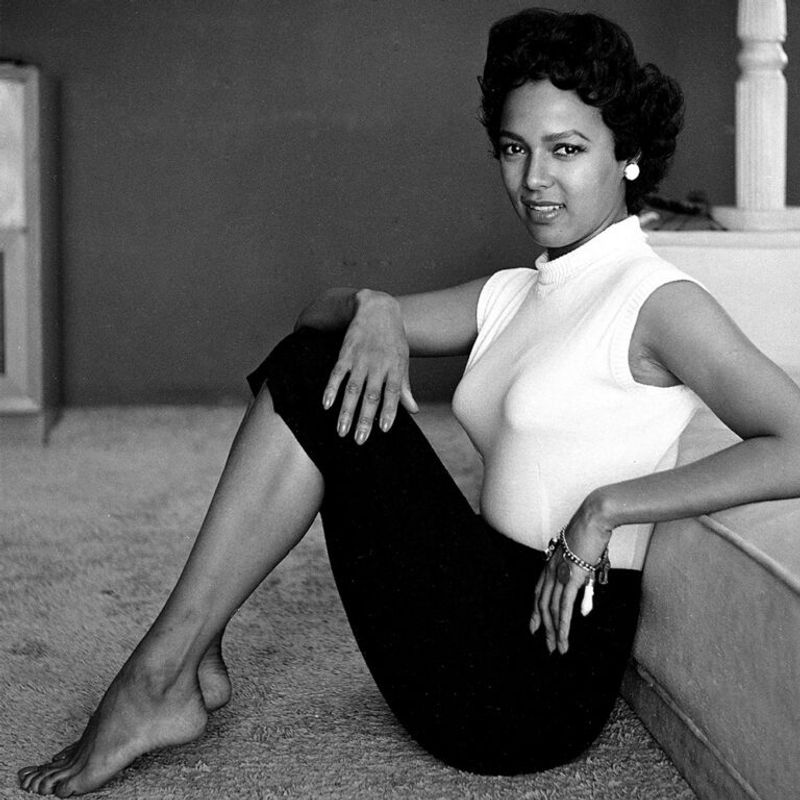
Dorothy Dandridge was the epitome of Hollywood glamour, captivating audiences with her beauty, talent, and poise. Her performances in films like ‘Carmen Jones’ made her a star, earning her the distinction of being the first Black woman nominated for a Best Actress Oscar.
Dandridge’s journey to fame wasn’t without challenges, as she often faced racial discrimination in the industry. Yet, her resilience and determination shone through, making her a role model for aspiring actors everywhere.
Her legacy is a reminder of the power of perseverance and the impact of breaking barriers in Hollywood. Dandridge remains an icon of grace and talent, inspiring generations of performers.
9. Cab Calloway
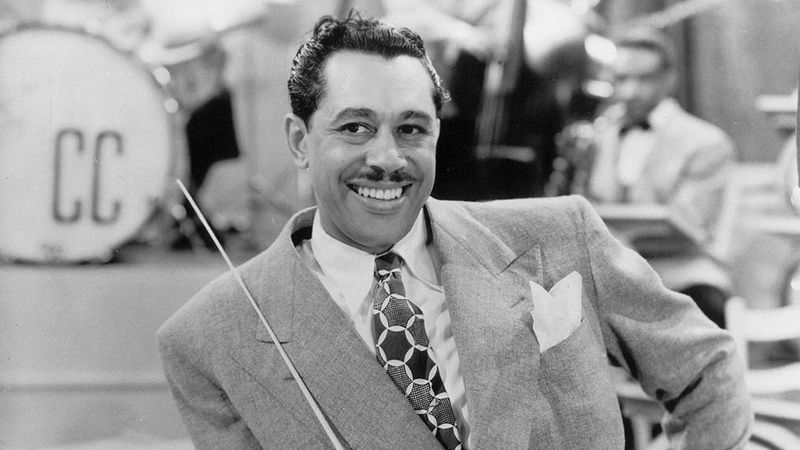
Cab Calloway was the king of swing, known for his infectious energy and charismatic stage presence. As a bandleader, he brought jazz to the masses, creating a sound that was both exciting and innovative.
Calloway’s performances were more than just music—they were events, filled with dynamic choreography and showmanship. His signature ‘hi-de-ho’ catchphrase became iconic, adding to his larger-than-life persona.
Beyond the stage, Calloway was a pioneer in promoting racial integration in the music industry. His legacy as an entertainer and advocate for equality continues to resonate, making him a true legend of the 1940s.
10. Hazel Scott
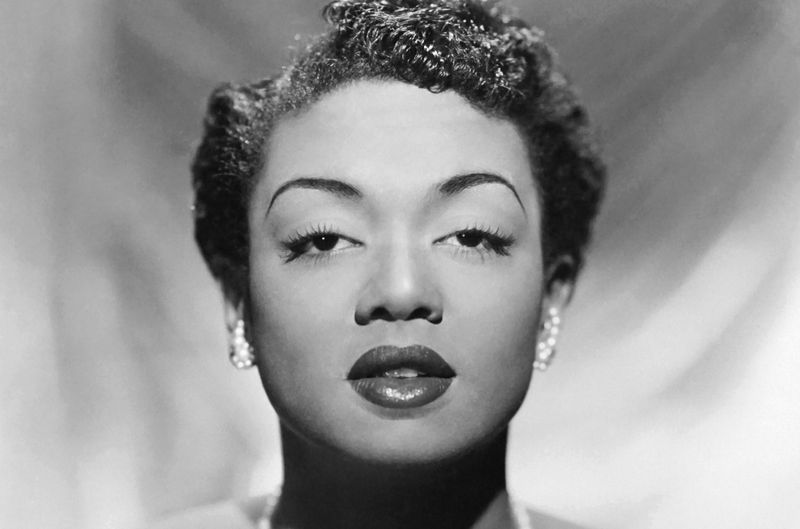
Hazel Scott was a musical prodigy whose talent on the piano left audiences spellbound. Known for her virtuosic performances, she brought jazz and classical music together in a way that was both innovative and captivating.
Scott’s ability to blend various music styles made her a unique presence in the 1940s, earning her a place among the era’s great performers. Her performances were not just about the music—they were a celebration of artistry and creativity.
Off the stage, Scott was a vocal advocate for civil rights, using her platform to speak out against racial injustice. Her legacy as both an artist and activist continues to inspire musicians and activists alike.
11. Louis Armstrong
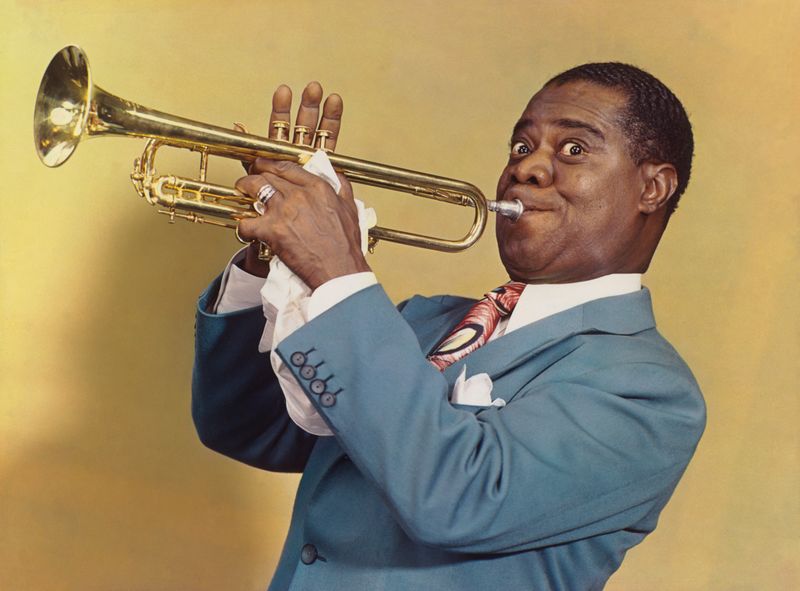
Louis Armstrong was more than a jazz musician; he was an icon whose influence transcended the genre. With his gravelly voice and masterful trumpet playing, Armstrong brought jazz to life for audiences around the world.
His charismatic performances and infectious smile made him a beloved figure, both on and off the stage. Armstrong’s ability to connect with audiences through his music made him a true pioneer in the industry.
Beyond his musical accomplishments, Armstrong was a trailblazer for racial integration in the arts, using his fame to promote equality. His legacy as a musician and cultural ambassador remains unmatched, continuing to inspire generations.
12. Ella Fitzgerald
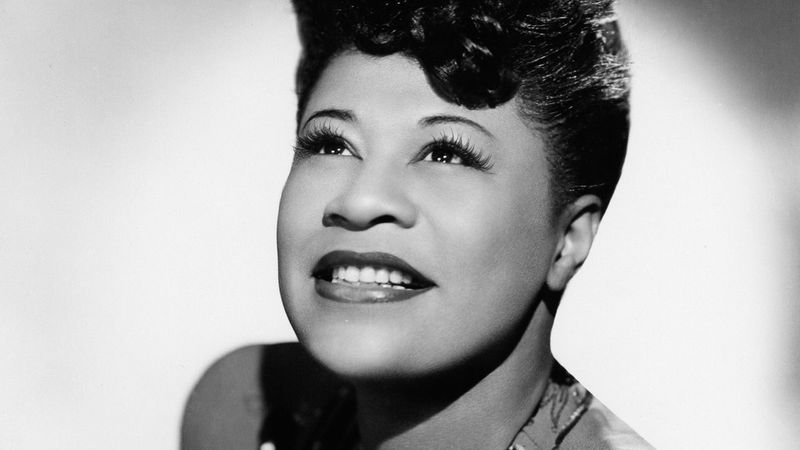
Ella Fitzgerald, the ‘First Lady of Song’, was a force of nature with a voice that could melt the hardest of hearts. Her impeccable vocal range and ability to scat sing made her a standout in the jazz world.
Fitzgerald’s performances were filled with emotion and joy, earning her a place among the greatest singers of her time. Her collaborations with other jazz legends only added to her allure, showcasing her versatility.
Off stage, Fitzgerald was known for her humility and kindness, endearing her to fans worldwide. Her legacy as a legendary singer and trailblazer in the music industry remains enduring, inspiring countless artists.
13. Duke Ellington
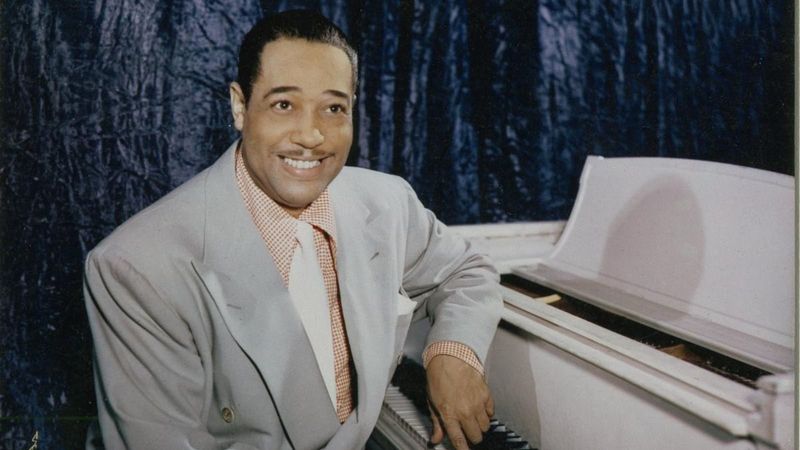
Duke Ellington was a maestro of jazz whose compositions defined the era. As a bandleader, he brought sophistication and style to the genre, creating timeless music that continues to enchant listeners today.
Ellington’s ability to blend different musical elements made him a pioneer, pushing the boundaries of what jazz could be. His orchestra was a testament to his genius, bringing his compositions to life with flair.
Beyond the music, Ellington was a cultural icon, using his platform to promote racial equality and elevate jazz as an art form. His legacy as a composer and bandleader is unmatched, leaving an indelible mark on music history.
14. Josephine Baker
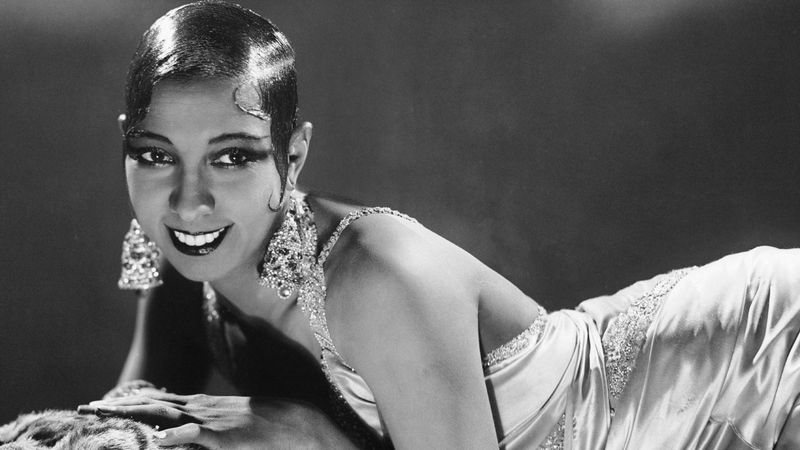
Josephine Baker was a whirlwind of talent and charisma, captivating audiences with her dance and style. Known for her daring performances and exotic allure, she became an icon in Paris, breaking barriers and challenging conventions.
Baker’s stage presence was magnetic, drawing in audiences with her bold moves and expressive artistry. Her influence extended beyond entertainment, as she used her fame to support the French Resistance during World War II.
Her legacy as an entertainer and activist remains powerful, symbolizing the intersection of art and social change. Baker’s life and work continue to inspire those who dare to dream big and stand up for what they believe in.
15. Nat King Cole
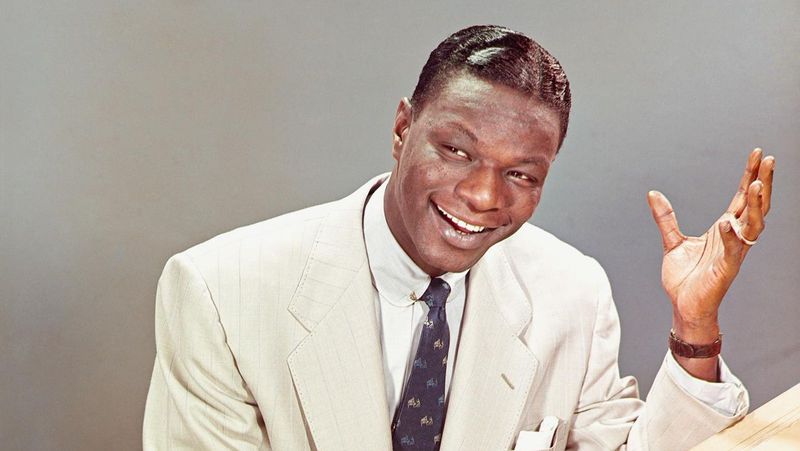
Nat King Cole was the epitome of smooth, with a voice that could soothe even the most restless souls. As a singer and pianist, his performances were filled with emotion and grace, leaving audiences spellbound.
Cole’s ability to blend jazz with pop created a unique sound that resonated with listeners, earning him a place among the greats. His hit songs such as ‘Unforgettable’ remain timeless classics.
Beyond his musical achievements, Cole was a pioneer in breaking down racial barriers in the entertainment industry. His legacy as a beloved performer and advocate for equality continues to inspire artists today.
16. Sarah Vaughan
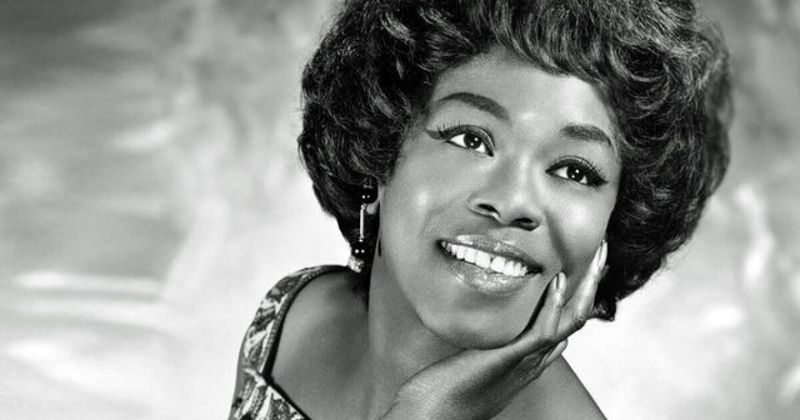
Sarah Vaughan, known as ‘The Divine One’, was a vocal powerhouse whose talent knew no bounds. Her stunning vocal range and emotive delivery made her one of the most celebrated jazz singers of her time.
Vaughan’s performances were filled with passion and artistry, captivating audiences with every note. Her ability to convey deep emotion through her music set her apart, making her a true standout in the jazz world.
Beyond her musical accolades, Vaughan’s influence as a pioneer for Black female artists in jazz continues to be felt, inspiring future generations to follow in her footsteps.
17. Sidney Poitier
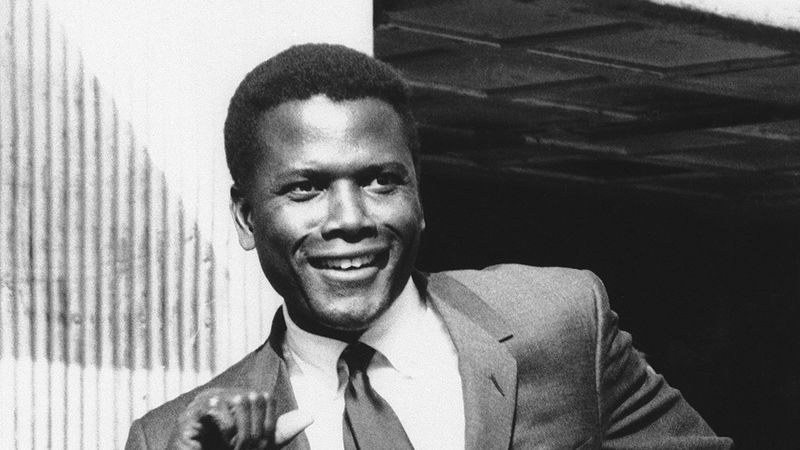
Sidney Poitier was more than just an actor; he was a trailblazer who changed Hollywood forever. With his powerful performances and commanding presence, Poitier challenged stereotypes and opened doors for future generations of Black actors.
His roles in films like ‘No Way Out’ and ‘Guess Who’s Coming to Dinner’ showcased his ability to bring complexity and depth to his characters, making him a force to be reckoned with in the industry.
Beyond his acting achievements, Poitier’s legacy as a pioneer for racial equality in Hollywood remains enduring, inspiring countless actors to follow their dreams and break down barriers.
18. Mahalia Jackson
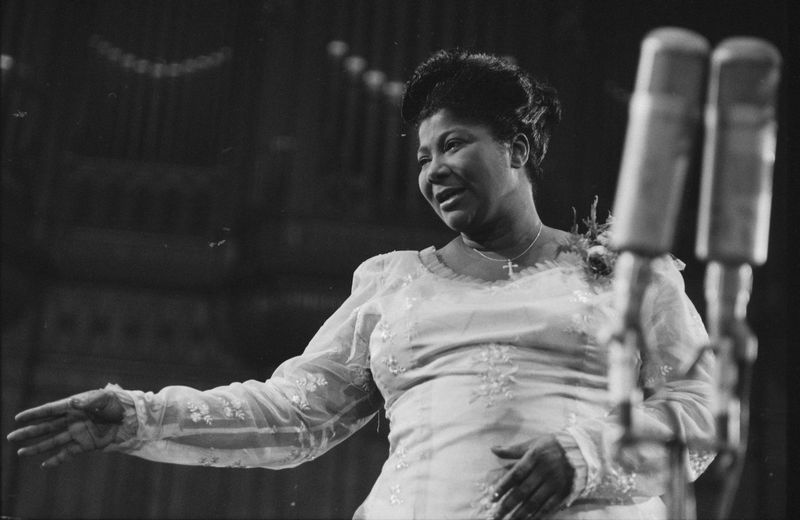
Mahalia Jackson was the queen of gospel, whose voice could move even the most stoic hearts. Her powerful and soulful singing brought the spirit of gospel music to the mainstream, captivating audiences around the world.
Jackson’s performances were filled with emotion and reverence, making her a beloved figure in the music industry. Her ability to convey deep spiritual messages through her music set her apart.
Beyond her musical success, Jackson was an advocate for civil rights, using her platform to support the movement for equality. Her legacy as a gospel legend and activist continues to inspire singers and activists alike.
19. James Baldwin
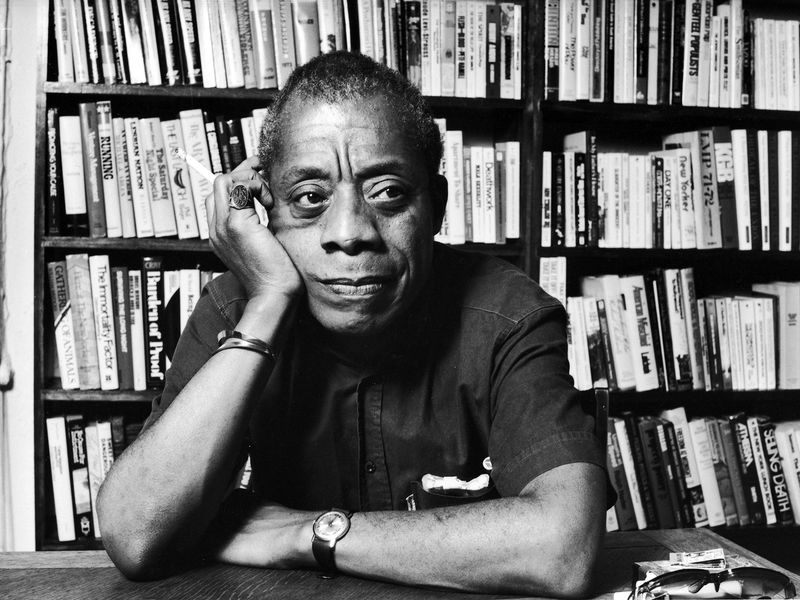
James Baldwin was a literary giant whose words challenged and changed the world. His powerful essays and novels explored themes of race, identity, and social justice, making him one of the most influential writers of his time.
Baldwin’s ability to articulate complex ideas with clarity and passion made his work both powerful and relatable, resonating with readers around the globe. His voice was a beacon for those seeking truth and justice.
Beyond his literary achievements, Baldwin’s legacy as an advocate for civil rights remains profound, inspiring future generations to use their voices for change. His impact on literature and society is unmistakable.
20. Fredi Washington
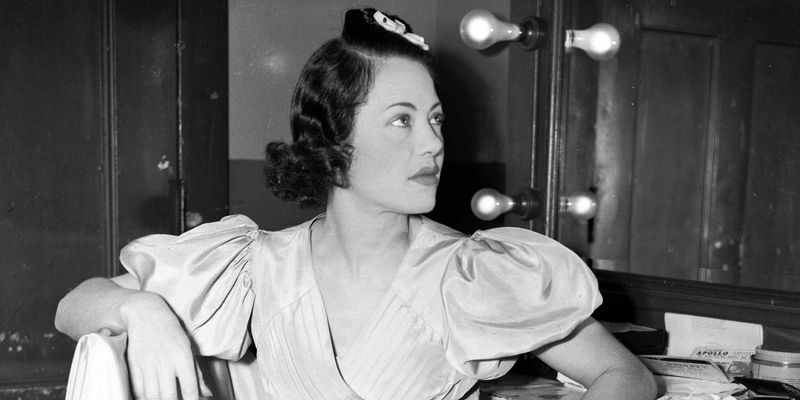
Fredi Washington’s radiant talent illuminated the silver screen, yet her versatility transcended acting. Born in Savannah, Georgia, in 1903, her striking looks and acting prowess garnered attention in the 1920s and ’30s.
By the 1940s, she was a formidable presence advocating for racial equality. She helped found the Negro Actors Guild, promoting better opportunities for Black performers. Washington’s role in “Imitation of Life” (1934) remains iconic.
Her legacy extends beyond film, as she tirelessly challenged racial norms and paved the way for future generations. Washington’s impact resonates, reminding us of her enduring dedication to justice.
21. Rex Ingram
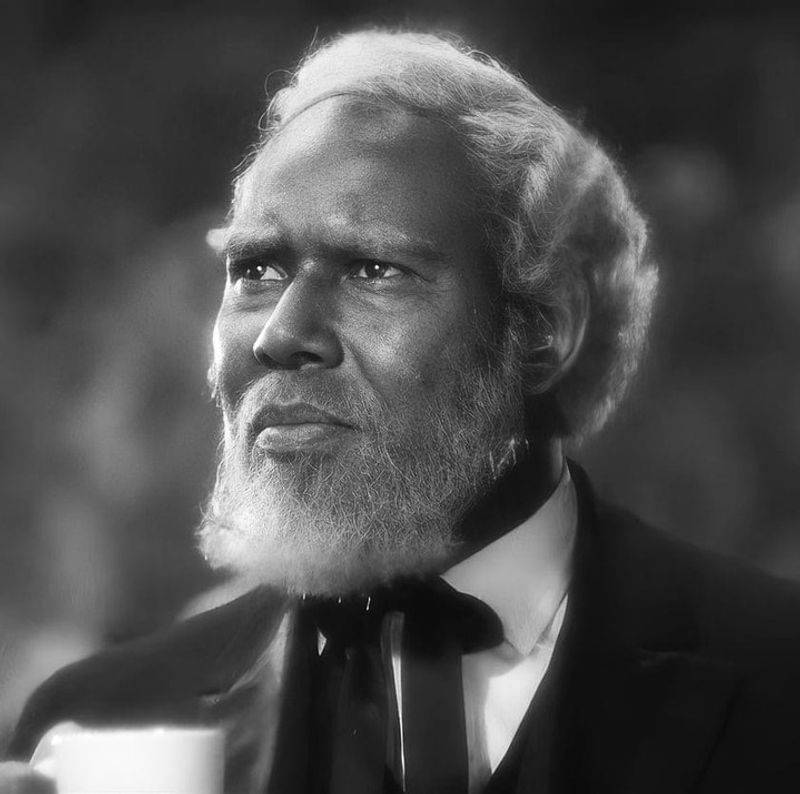
Rex Ingram’s commanding presence and deep voice made him an unforgettable figure in 1940s cinema. Born in 1895 in Cairo, Illinois, Ingram began his career on stage before moving to Hollywood.
His portrayal of De Lawd in “The Green Pastures” (1936) showcased his remarkable talent. By the 1940s, Ingram had become a sought-after character actor, appearing in films like “Sahara” (1943).
Off-screen, he was known for his intellectual pursuits and passion for photography. Ingram’s multifaceted personality and ability to convey profound emotion on screen left an indelible mark on the industry.
